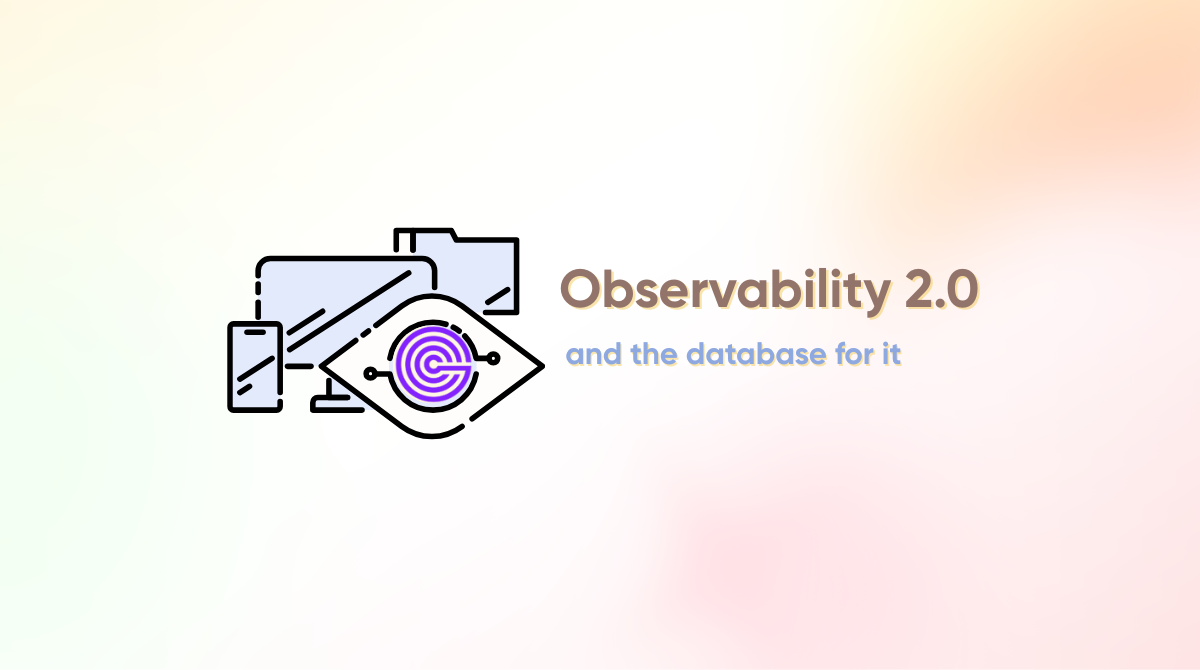ELK is Outdated? GreptimeDB: The Next-Gen Cloud-Native Log Storage Solution

With the explosive growth of log data, the traditional ELK architecture reveals problems such as high storage costs, severe resource waste, and complex maintenance. This article introduces GreptimeDB, a cloud-native database that uses a storage-compute separation architecture, offering advantages such as high compression rates, lightweight design, and easy maintenance. It demonstrates the complete process of log collection, storage, parsing, and querying by combining it with Vector, providing a more modern solution for real-time log monitoring and data analysis.
Read more
